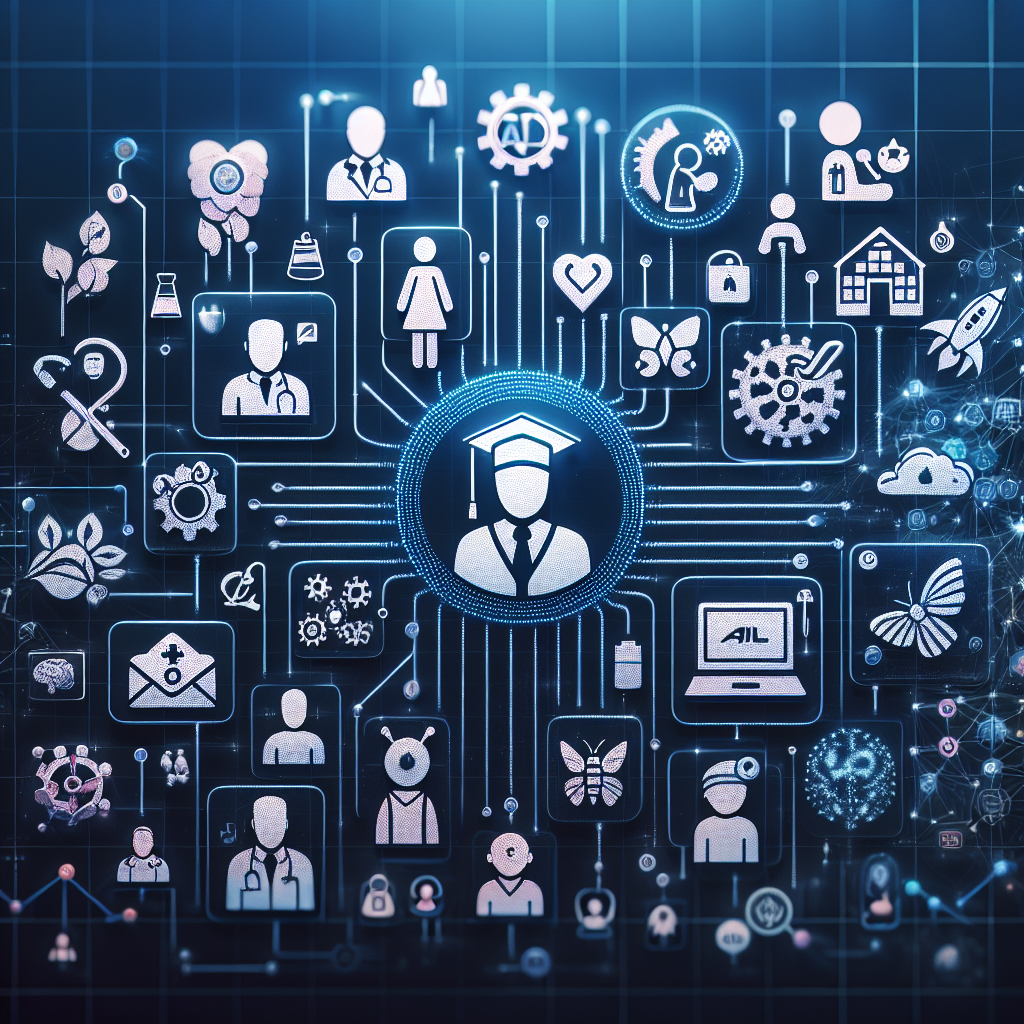Artificial General Intelligence (AGI) is a technology that has the potential to revolutionize the way we work and live. AGI refers to a type of AI that possesses the ability to understand, learn, and apply knowledge across a wide range of tasks and domains, similar to the way a human does. As AGI continues to advance, many experts are considering how it will impact the future of work and employment.
In this article, we will explore the implications of AGI on the workforce, including potential job displacement, new job opportunities, and the need for reskilling and upskilling. We will also address common questions and concerns surrounding the integration of AGI into the workforce.
The Impact of AGI on Employment
One of the main concerns surrounding AGI is the potential for job displacement. As AGI becomes more advanced, it has the potential to automate a wide range of tasks currently performed by humans. This could lead to job losses in industries such as manufacturing, transportation, and customer service.
However, it is important to note that AGI also has the potential to create new job opportunities. As tasks are automated, new roles will emerge that require human skills such as creativity, critical thinking, and emotional intelligence. For example, jobs in fields such as data science, cybersecurity, and AI ethics are expected to see growth as AGI becomes more prevalent.
In order to adapt to the changing job landscape, workers will need to reskill and upskill to remain competitive in the workforce. This will require ongoing education and training to acquire the necessary skills for new roles that emerge as a result of AGI.
Additionally, the integration of AGI into the workforce will require new regulations and policies to ensure that workers are protected and that the benefits of AGI are distributed equitably. This includes considerations such as data privacy, algorithmic bias, and the impact of automation on marginalized communities.
Overall, the impact of AGI on employment is complex and multifaceted. While there are concerns about job displacement, there are also opportunities for new job creation and economic growth. It will be important for policymakers, businesses, and workers to collaborate in order to navigate the transition to a workforce that includes AGI.
Frequently Asked Questions
Q: Will AGI replace all human jobs?
A: While AGI has the potential to automate many tasks currently performed by humans, it is unlikely that it will replace all human jobs. Instead, AGI is expected to create new job opportunities that require human skills such as creativity, critical thinking, and emotional intelligence.
Q: What industries will be most impacted by AGI?
A: Industries such as manufacturing, transportation, and customer service are expected to be most impacted by AGI, as these sectors rely heavily on repetitive tasks that can be automated. However, other industries such as healthcare, finance, and education are also likely to see changes as a result of AGI.
Q: How can workers prepare for the impact of AGI on employment?
A: Workers can prepare for the impact of AGI on employment by reskilling and upskilling to acquire the skills needed for new roles that emerge as a result of AGI. This may require ongoing education and training to adapt to the changing job landscape.
Q: What are the ethical considerations of integrating AGI into the workforce?
A: There are a number of ethical considerations surrounding the integration of AGI into the workforce, including data privacy, algorithmic bias, and the impact of automation on marginalized communities. It will be important for policymakers, businesses, and workers to address these concerns in order to ensure that the benefits of AGI are distributed equitably.
Q: How will AGI impact economic growth?
A: AGI has the potential to drive economic growth by increasing productivity, efficiency, and innovation. However, there are also concerns about income inequality and job displacement that need to be addressed in order to ensure that the benefits of AGI are shared equitably.
In conclusion, the integration of AGI into the workforce has the potential to revolutionize the way we work and live. While there are concerns about job displacement, there are also opportunities for new job creation and economic growth. It will be important for policymakers, businesses, and workers to collaborate in order to navigate the transition to a workforce that includes AGI. By reskilling and upskilling, addressing ethical considerations, and promoting economic growth, we can ensure that AGI benefits society as a whole.

